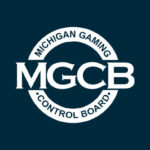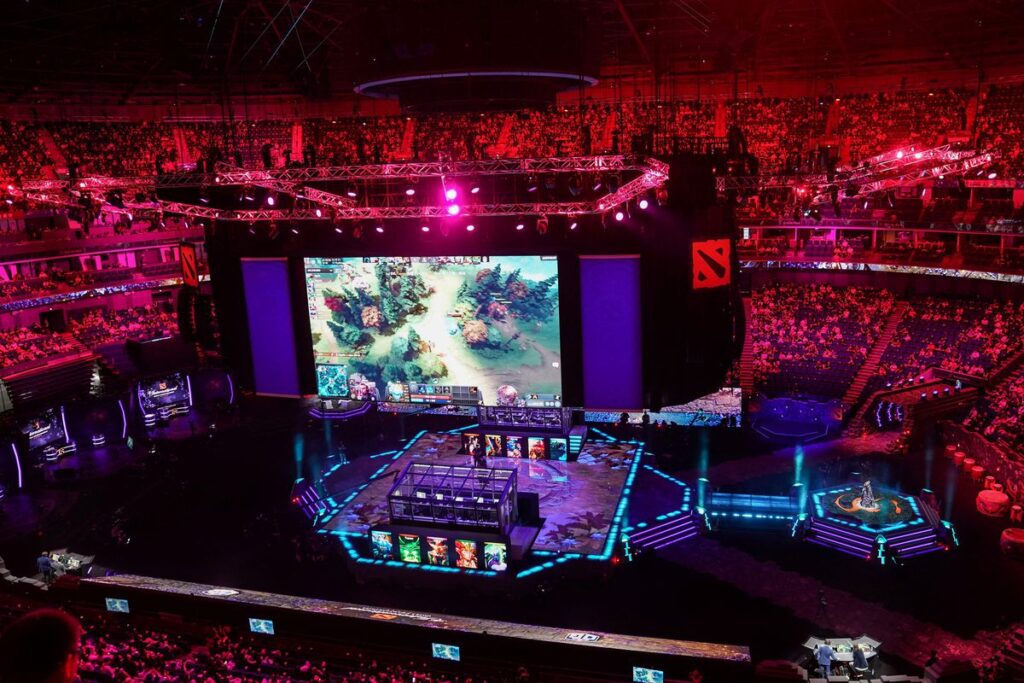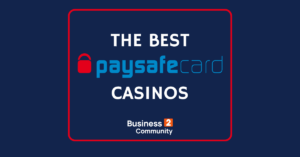Germany Implements Single Customer View Framework for Responsible Gambling
Gambling involves financial risk and may not be suitable for all individuals. Gambling industry experts create our content for informational purposes only. We may receive commissions from affiliate links at no cost to you, but our reviews remain independent and unbiased. We're committed to responsible gambling practices and transparent recommendations. About Us

Germany has solidified its position as a leader in gambling harm prevention with the full implementation of its Single Customer View (SCV) framework under the Interstate Treaty on Gambling (GlüStV 2021). This system, operational since 2023, represents one of Europe’s most comprehensive responsible gambling initiatives, leveraging real-time data tracking to protect players across all licensed platforms.
Key Takeaways
- Germany’s Single Customer View framework monitors player activity across all licensed operators
- Standard monthly deposit limits of €1,000 apply across all operators, with higher limits available through verification
- The system prevents simultaneous gambling on multiple platforms
- Implementation has affected channelization, with debate over how much gambling occurs on licensed vs. black market sites
- Technical implementation required substantial investment from operators, with some reporting 6+ months of development time
Regulatory Framework
Germany’s approach to responsible gambling centers on an interconnected regulatory ecosystem designed to track player behavior across all licensed operators. The Interstate Treaty on Gambling (GlüStV 2021), which came into effect in July 2021, laid the groundwork for this comprehensive monitoring system, with full implementation now achieved across the regulated market.
Key Features of the SCV System
The German SCV framework includes several distinctive elements that collectively create one of the world’s most stringent player protection systems:
- Cross-Operator Deposit Limits: Perhaps the most notable feature is the standardized monthly deposit limit of €1,000 across all licensed operators. This cap applies cumulatively, meaning players cannot exceed this threshold regardless of how many different licensed platforms they use. For players with higher disposable income, the system allows for increased limits up to €10,000 per month with income verification, or as high as €30,000 per month for high-net-worth individuals under enhanced monitoring protocols.
- Parallel Gaming Prevention: The system actively blocks simultaneous gambling across multiple platforms, preventing players from circumventing time-based responsible gambling measures by switching between operators. This feature addresses a common loophole in traditional single-operator responsible gambling tools.
- Centralized Self-Exclusion: The framework integrates with the OASIS (Online Abfrage Sperrsystem) registry, allowing players to exclude themselves from all licensed gambling platforms nationwide with a single registration. This unified approach prevents the ineffectiveness of operator-specific exclusion systems, where players could simply move to another platform after self-excluding from one.
Dr. Joerg Hofmann, a prominent German gambling law expert, explains the system’s significance: “The cross-operator approach represents a fundamental shift in responsible gambling philosophy. Rather than viewing player protection as an operator-specific responsibility, Germany has created a collaborative framework that acknowledges the reality that problem gamblers often use multiple platforms.”
Technical Implementation
The technical infrastructure behind Germany’s SCV framework is sophisticated and multi-layered, requiring significant adaptation from operators. The system relies on three interconnected components managed by the Joint Gambling Authority (GGL), the centralized regulator established to oversee the country’s gambling market:
- LUGAS (Limit and Activity File for Gambling Stakes): This central database tracks deposits in real-time, enabling the enforcement of cross-operator limits and providing regulatory visibility into gambling patterns.
- Activity File: This component monitors active gaming sessions, preventing parallel gambling by ensuring players cannot simultaneously access gambling products across different platforms.
- Limit File: This system enforces deposit caps and flags potential breaches, creating an alert mechanism for both operators and regulators when unusual behavior is detected.
Operators must connect to these systems through SAFE (Safe And Fast Exchange) servers, which store transactional data for regulatory audits and compliance verification. This infrastructure ensures comprehensive monitoring while maintaining data security standards.
“The technical requirements for integration with Germany’s SCV system are substantial,” notes Michael Weber, a gambling technology consultant. “Operators have reported development timeframes of six months or more to achieve full compliance, representing significant investment in both time and resources.”
Impact and Challenges
The implementation of Germany’s SCV framework has generated considerable debate regarding its effectiveness and broader market impacts. Proponents point to improved player protection mechanisms, while critics highlight potential unintended consequences for market channelization.
Effectiveness Metrics
Germany’s Joint Gambling Authority (GGL) reports a channelization rate of 50.7%, meaning slightly more than half of German players use regulated sites. However, the GGL claims that only approximately 4% of gambling revenue flows to black markets, suggesting that high-value players predominantly use licensed platforms.
Average monthly spending on legal platforms is remarkably low at €23, compared to €93 in land-based casinos. This substantial difference has raised questions about whether the strict online limits are effectively channeling play toward physical venues rather than unlicensed online operators.
The regulatory framework has shown teeth in enforcement, with over 1,500 warnings and 25 criminal charges issued since 2021 against unlicensed operators targeting German customers. These enforcement actions include collaborative efforts with financial institutions to block payments to unlicensed gambling sites.
“The system has significantly enhanced our ability to identify and assist players showing signs of problematic gambling behavior,” states Thomas Müller, responsible gambling manager at a licensed German operator. “The cross-operator view provides a complete picture that was previously impossible to obtain, allowing for more effective interventions.”
Criticisms and Concerns
Despite these claimed successes, the system faces substantial criticism from various stakeholders. Perhaps most notably, tax revenue from online gambling has dropped dramatically from €55 million to €10 million monthly since implementation, raising questions about the financial sustainability of the current regulatory approach.
Industry analyses suggest that the black market may be significantly larger than official figures indicate, with independent studies claiming that up to 75% of online gambling revenue still flows to unregulated sites. This discrepancy highlights the challenges of measuring channelization in a market with stringent operating conditions.
Technical complexity remains a significant barrier for operators seeking to enter the German market. The substantial development time required for LUGAS integration – reported to exceed six months in many cases – creates a considerable barrier to entry, potentially limiting competition and consumer choice.
“While the objectives behind Germany’s SCV framework are commendable, the implementation challenges have created significant friction in the market,” argues Dr. Andrea Schmidt, gambling policy researcher. “The question remains whether the protective benefits outweigh the potential channelization issues created by overly restrictive conditions.”
Future Outlook
As Germany’s SCV framework matures, regulators are exploring refinements to balance player protection with market viability. The GGL has announced plans to expand AI-driven monitoring in 2025 to detect problematic behavior faster and with greater accuracy, potentially allowing for more targeted interventions rather than blanket restrictions.
However, debates persist about whether deposit limits should be relaxed to improve channelization rates. Industry advocates argue that higher standard limits with enhanced monitoring could better compete with unlicensed alternatives, while maintaining core player protection principles.
The current regulatory framework will remain in place until at least 2027, when the Interstate Treaty comes up for review. This timeline suggests that operators must adapt to the existing conditions in the medium term, regardless of ongoing discussions about potential adjustments.
“Germany’s approach represents a bold experiment in gambling regulation that prioritizes player protection above market growth,” concludes Dr. Hofmann. “The coming years will determine whether this model becomes a blueprint for other jurisdictions or requires significant modification to achieve a more optimal balance between protection and channelization.”
As other European markets consider similar measures, Germany’s experience provides valuable insights into both the benefits and challenges of implementing comprehensive cross-operator monitoring for responsible gambling. The effectiveness of this approach will ultimately be measured not just in harm reduction metrics, but also in the system’s ability to maintain a viable regulated market that successfully competes with unlicensed alternatives.

















